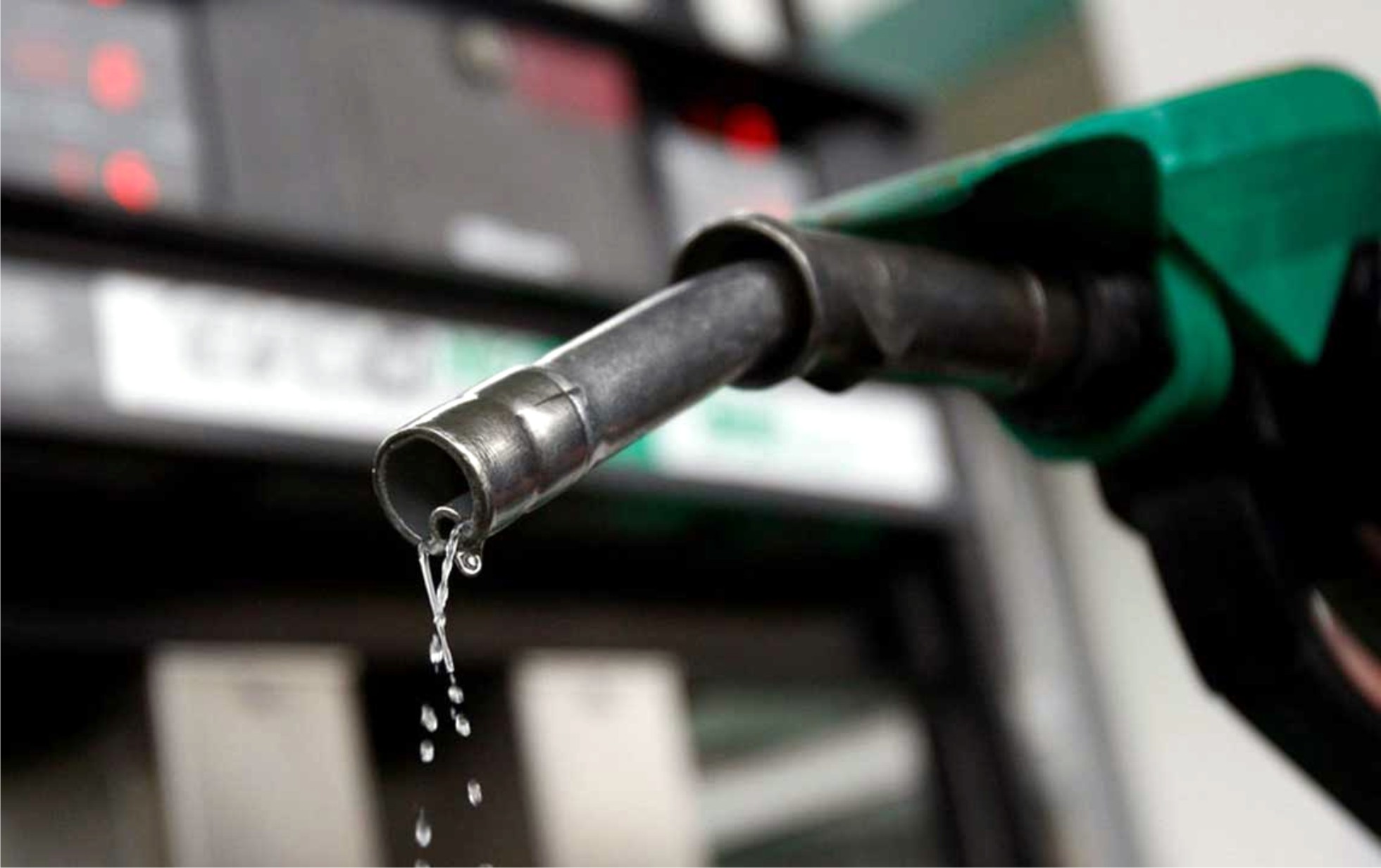Business
Naira, Fuel Scarcity, Insecurity, Inflation Push 24m Nigerians

Protracted insecurity, fuel scarcity, naira redesign policy and consistent high price of food commodities have been identified as key drivers that are pushing over 24 million Nigerians into food and nutrition insecurity.
While the withdrawal of the old currency notes form circulation constituted a bottleneck to households’ ability to access cash as well as food commodities, the prolonged scarcity of petrol, and the associated hike in pump price across the states on the other hand, has led to astronomical rise in transport fares and cost of food products in Nigerian markets beyond affordability.
An analysis done by the Food and Agriculture Organisation of the United Nations (FAO) together with the Ministry of Agriculture and Rural Development and other development partners has revealed.
The results show that insecurity especially, insurgency in the north-east states, mostly in Borno, Adamawa and Yobe states; armed criminality and banditry in some north-west states (Sokoto, Katsina, Zamfara and Kaduna), as well as north-central states of Benue and Niger are also responsible for the hunger.
High food inflation as evident in soaring food commodity has limited households access to food, and lack of employment and reduction in household income due to the long-term effect of COVID-19 pandemic are also culpable.
The March 2023 Cadre Harmonise (CH) analysis conducted in 26 states and the Federal Capital Territory (FCT) precedes a period of multiple shocks which affected livelihoods of many households last year.
The overall figures show that 24.8 million people including 18,000 Internally Displaced Persons (IDPs) are expected to be in crisis (CH phase 3) or worse between June and August 2023 in those states.
While the analysis indicates that about 17.7 million people including 14, 000 IDPs are currently in acute and nutrition insecurity from March through May 2023.
In addition, 4.1 million of this population in Borno (1.9 million) Yobe (1.2 million) and Adamawa (1 million) states are projected to be phase 3 between June and August 2023.
FAO country representative to Nigeria and ECOWAS, Fred Kafeero, during the release of CH result in Abuja, weekend, expressed worry of further increase vulnerability to food and malnutrition during the lean season.
According to Kafeero, Nigeria needs to re-commit and use available means and resources to mitigate further deterioration of the food security situation in the country.
For this reason, FAO said it has continued to support the government in leading the implementation of CH processes nationally, both in terms of funding and technical support, despite resource limitations and competing demands.
The Permanent setcretary, Ministry of Agriculture and Rural Development, Dr Ernest Umakhihe, assured partners of governments’ commitment to upholding the outcome and recommendations arising from the result with a view to enhancing the food and nutrition security situation in the concerned states through objective intervention programme.
Umakhihe, who was represented by the Director, Department of Planning and Policy Coordination, Ibrahim Tanimu, called on all participants to contribute positively to the issues emanating from the results to enhance its quality, usefulness and acceptability by the spectrum of stakeholders.

